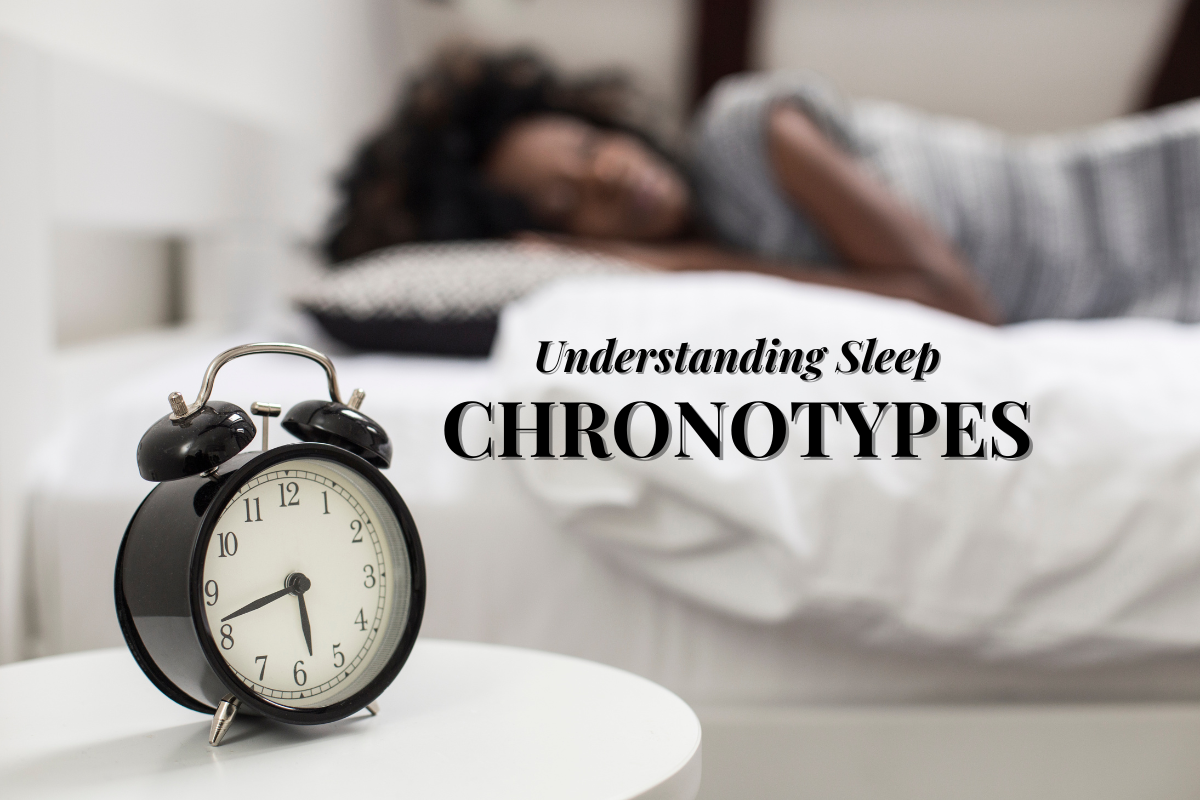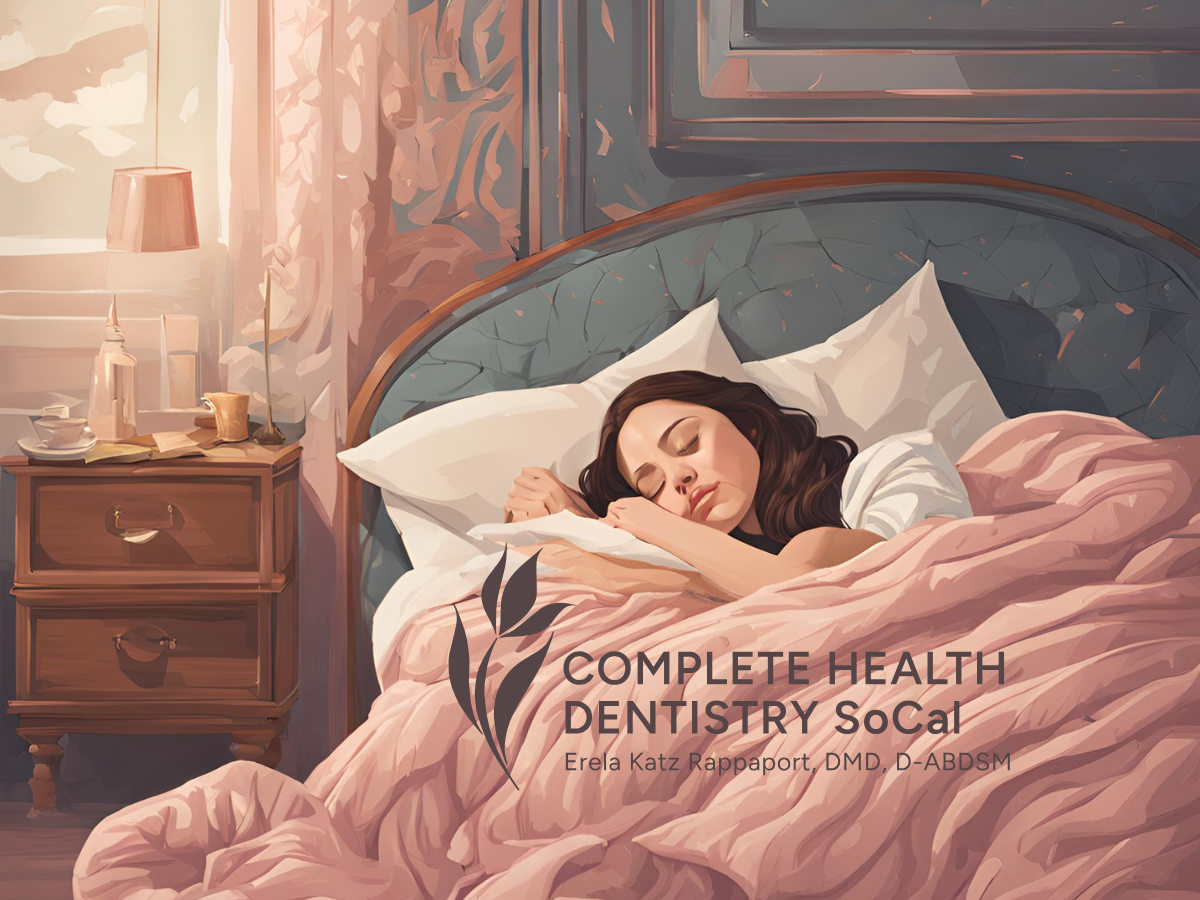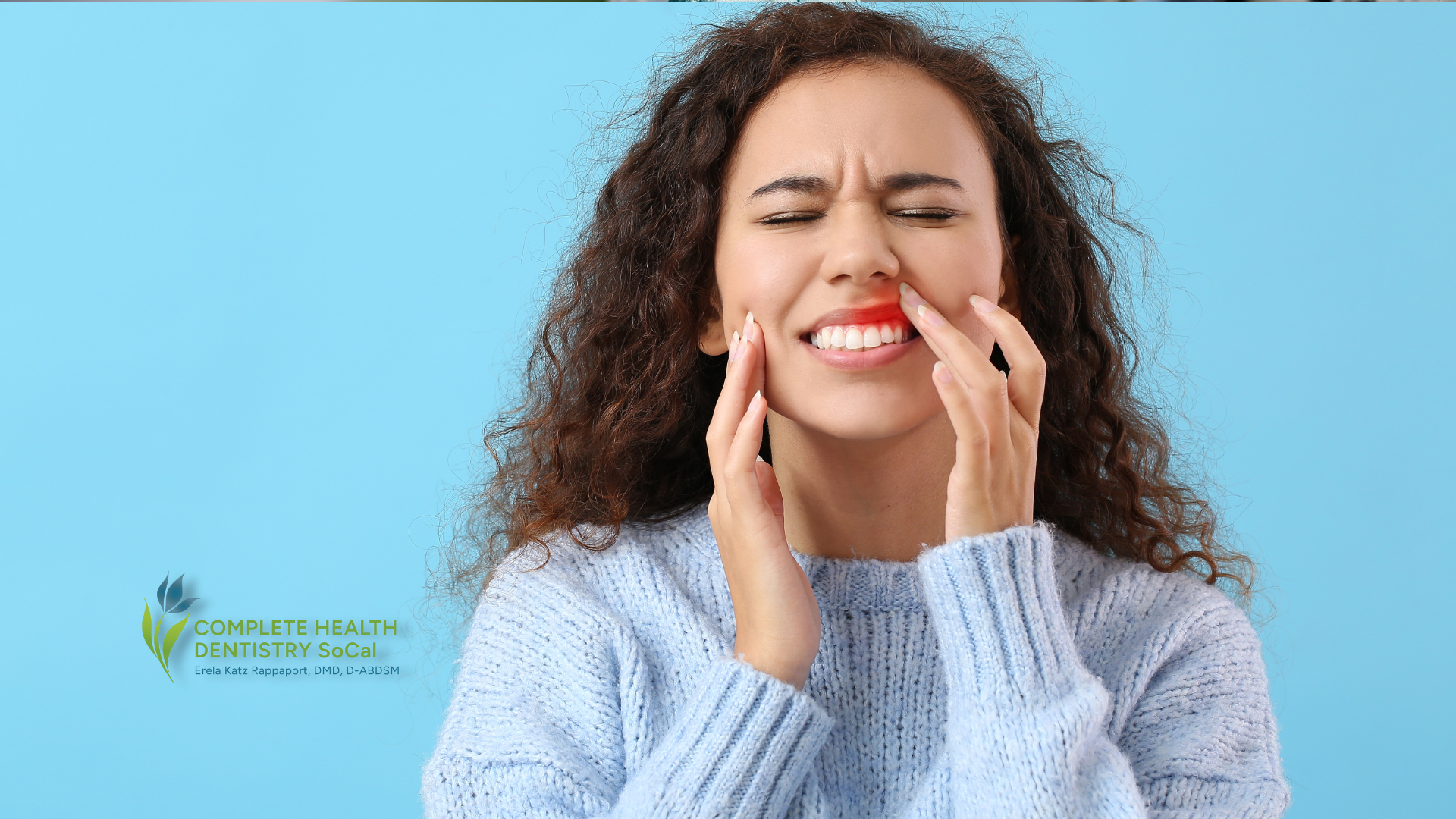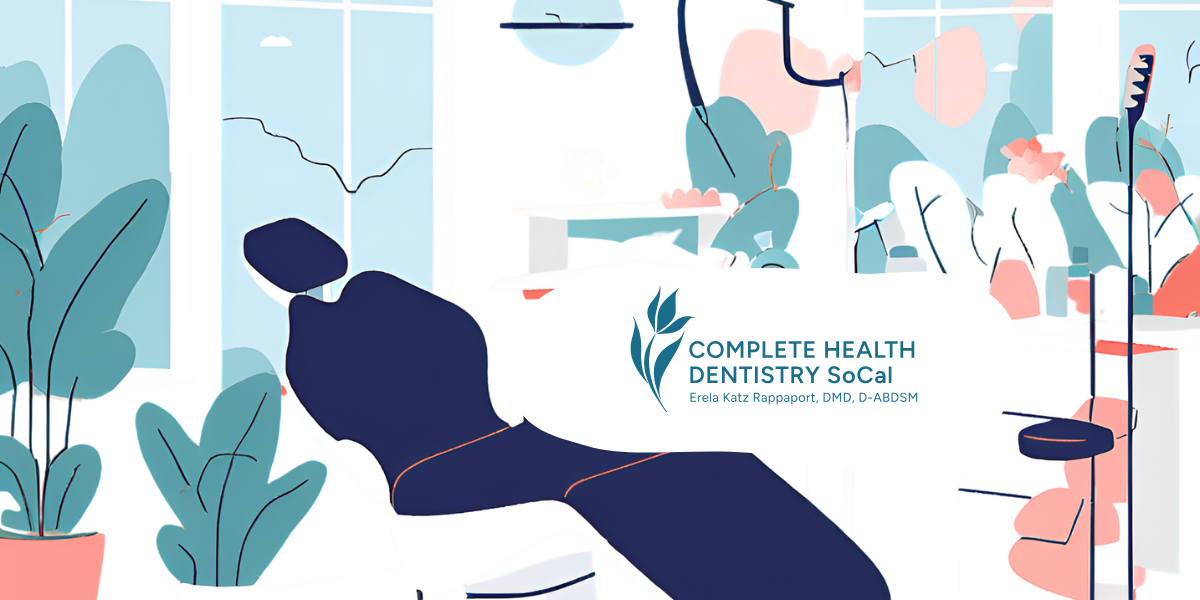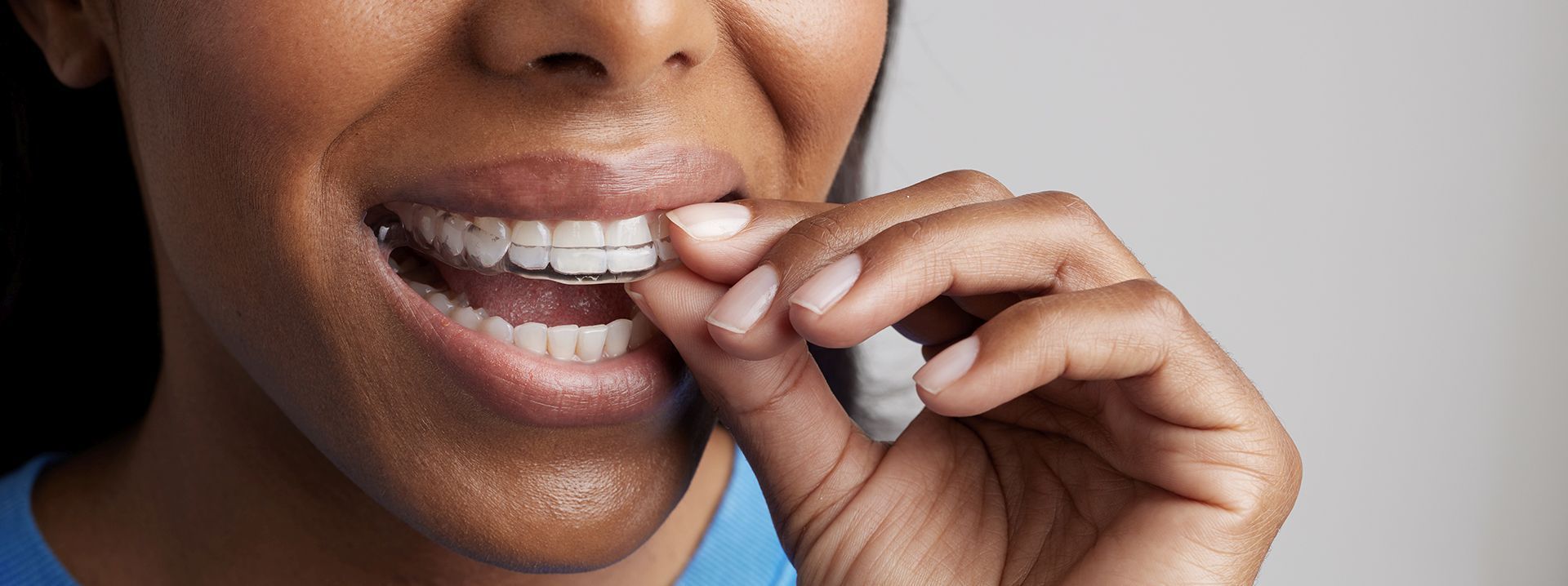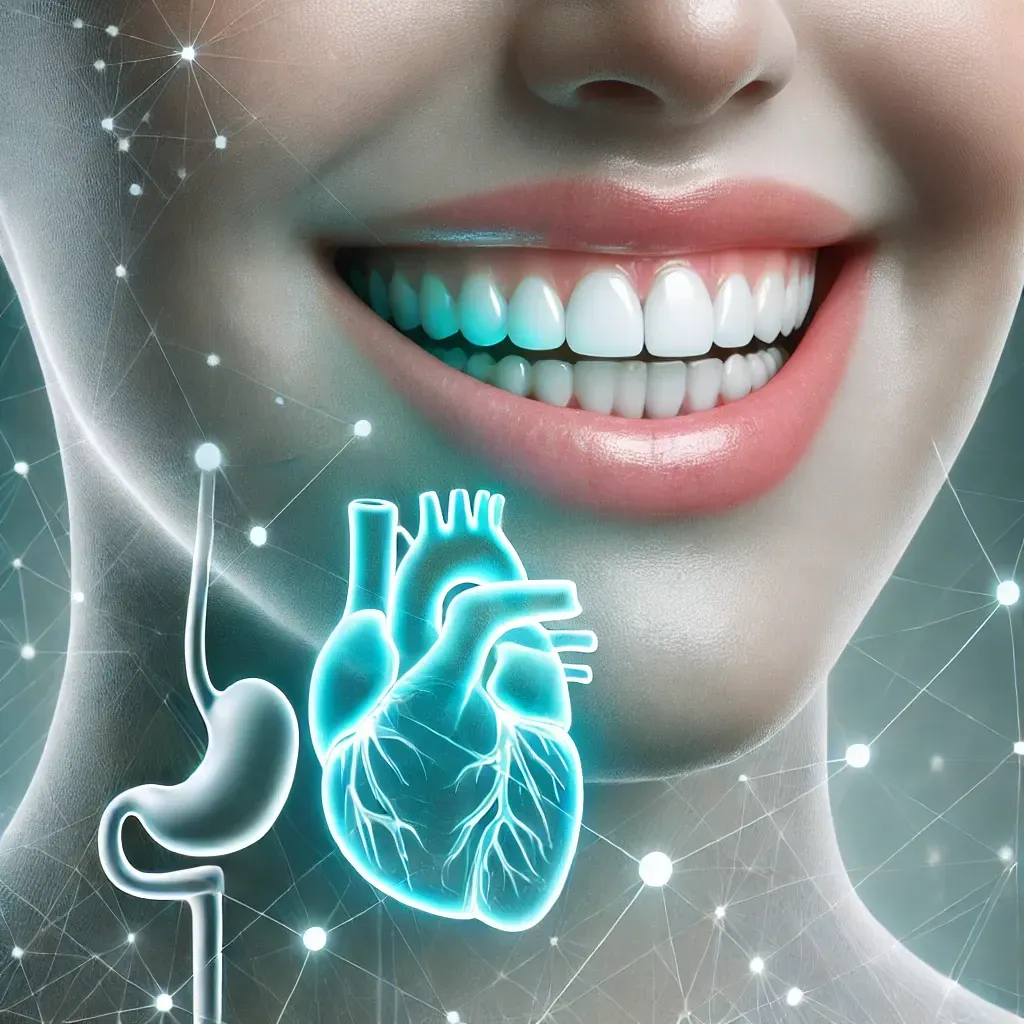Silent Sleep Apnea: Can You Have Sleep Apnea Without Snoring?
Getting a good night’s sleep is essential for your overall health and well-being, but sleep disorders like obstructive sleep apnea (OSA) can make restorative sleep elusive. If you’re struggling with snoring, interrupted breathing, or daytime fatigue, an oral appliance might be the solution you need.
What Are Oral Appliances?
Oral appliances are custom-made devices worn in the mouth during sleep. They gently adjust the position of your jaw and tongue to keep your airway open, preventing the blockages that cause snoring and apnea events.
Benefits of Oral Appliances for Sleep
- Improved Breathing
By keeping your airway unobstructed, oral appliances allow you to breathe freely throughout the night. - Quiet Nights
Reducing snoring benefits not just you, but also anyone sharing your sleeping space. - Better Sleep Quality
With fewer interruptions in breathing, you can spend more time in restorative sleep stages, leaving you refreshed and energized. - Convenience and Comfort
Oral appliances are lightweight, portable, and easier to use than other options like CPAP machines, making them a great solution for many patients. - Reduced Health Risks
Treating sleep apnea can lower your risk of serious health issues, including heart disease, stroke, and high blood pressure.
Can You Have Sleep Apnea Without Snoring?
Yes, it is entirely possible to have sleep apnea without snoring. While snoring is a key symptom of obstructive sleep apnea, central sleep apnea often occurs without snoring because it stems from a miscommunication between the brain and breathing muscles rather than a physical obstruction in the airway.
Additionally, in some cases of obstructive sleep apnea, the airway can collapse completely, preventing airflow and eliminating the possibility of snoring. This makes silent sleep apnea more challenging to detect.
Symptoms of Silent Sleep Apnea
Without the telltale sign of snoring, detecting silent sleep apnea requires paying attention to other symptoms, such as:
- Morning Headaches – A sign of oxygen deprivation during sleep.
- Excessive Daytime Sleepiness – Persistent fatigue despite getting a full night’s sleep.
- Difficulty Concentrating – Cognitive impairments such as brain fog, forgetfulness, and trouble focusing.
- Mood Changes – Increased irritability, anxiety, or depression.
- Waking Up Gasping or Choking – A sudden jolt awake with shortness of breath.
- High Blood Pressure – Poor oxygen levels strain the heart and vascular system.
- Frequent Nighttime Awakenings – Unexplained disruptions in sleep without an obvious cause.
Who Is at Risk for Silent Sleep Apnea?
Certain factors increase the likelihood of developing sleep apnea, even without snoring. These include:
- Obesity – Excess weight increases fat deposits around the airway, restricting airflow.
- Neck Circumference – A thicker neck may have a narrower airway, leading to obstructions.
- Age & Gender – Sleep apnea is more common in men and older adults.
- Family History – Genetics can influence airway structure and breathing control.
- Alcohol & Sedative Use – These substances relax throat muscles, increasing airway collapse risk.
- Nasal Congestion – Chronic nasal congestion can contribute to breathing difficulties.
- Underlying Medical Conditions – Conditions like heart disease, diabetes, and neurological disorders increase the risk.
Diagnosing Silent Sleep Apnea
Since snoring isn’t always present, diagnosing silent sleep apnea requires a thorough evaluation. Healthcare providers use different methods, including:
1. Sleep Studies (Polysomnography)
A comprehensive overnight study performed in a sleep clinic where brain activity, breathing patterns, and oxygen levels are monitored.
2. Home Sleep Apnea Test (HSAT)
A convenient at-home alternative where patients wear a small device that records breathing, heart rate, and oxygen levels during sleep.
3. Sleep Questionnaires & Symptom Evaluation
Tools like the Epworth Sleepiness Scale assess daytime sleepiness, while physical exams check for risk factors such as airway abnormalities.
Treatment Options for Silent Sleep Apnea
Just like traditional sleep apnea, silent sleep apnea requires treatment to improve sleep quality and reduce health risks. Common treatments include:
1. Continuous Positive Airway Pressure (CPAP) Therapy
- A CPAP machine provides a continuous flow of air through a mask to keep the airway open.
- This is the most effective treatment for moderate to severe sleep apnea.
2. Oral Appliances
- Mouthguards designed to reposition the jaw and tongue, keeping the airway open.
- A good alternative for those who find CPAP therapy uncomfortable.
3. Positional Therapy
- Encourages sleeping on the side rather than the back to reduce airway blockages.
4. Weight Loss & Lifestyle Changes
- Losing weight can significantly improve or eliminate sleep apnea symptoms.
- Avoiding alcohol and sedatives before bedtime helps prevent airway relaxation.
5. Surgery
- In cases where anatomical abnormalities contribute to sleep apnea, procedures such as nasal surgery or tonsillectomy may be recommended.
Seeking Professional Help: Complete Health Dentistry of SoCal
If you suspect you have silent sleep apnea, seeking professional help is crucial. Complete Health Dentistry of SoCal offers expert diagnosis and customized sleep apnea & snoring treatments to improve your sleep and overall health. Their team provides advanced sleep studies, CPAP alternatives, and oral appliance therapy for a better night’s rest.
For more details on sleep apnea treatment options, visitComplete Health Dentistry of SoCal and schedule a consultation today.
Final Thoughts: Don’t Ignore Silent Sleep Apnea
Even if you don’t snore, sleep apnea could still be affecting your health. If you experience unexplained fatigue, difficulty concentrating, or morning headaches, consider consulting a sleep specialist. Early diagnosis and treatment can greatly improve sleep quality and overall well-being.
For personalized treatment, contact a sleep apnea specialist near you and explore options that best fit your needs.
